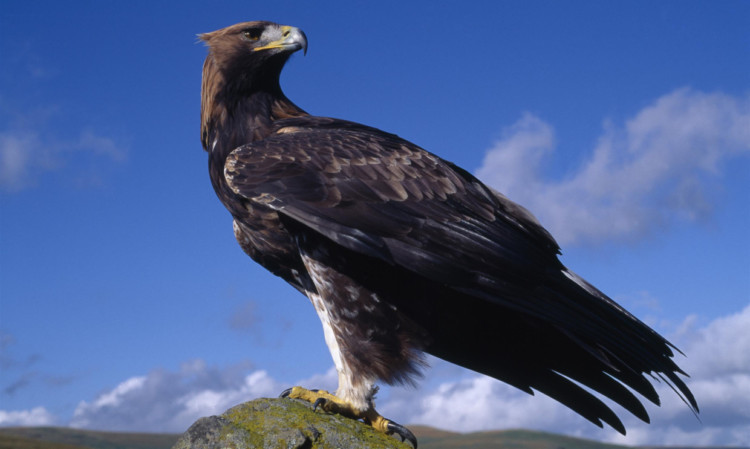A former Tayside wildlife crime officer is backing an initiative that aims to bring more wildlife criminals before the courts.
Alan Stewart, who is now working as an intelligence officer with the UK National Wildlife Crime Unit, is backing a newly-formed group’s aim to encourage thousands of birdwatchers to “recognise, record and report”.
Birders against Wildlife Crime (BAWC) has been formed by five birdwatchers who want to “tip the balance back in the favour of wildlife”.
Mr Stewart said: “Birdwatchers, with their field skills, cameras and binoculars, are as well placed as anyone to recognise wildlife crime.
“They are also likely to witness the whole range of wildlife crime, from raptor persecution, reckless disturbance of nesting birds, hare coursing, illegal snaring or trapping, finch trapping, badger digging, poaching, taking freshwater pearl mussels and wild bird egg thieving.”
He added: “Some wildlife criminals are likely to be violent and should not be approached.
“It is important to notify the police and have them attend as soon as possible. Next, do not interfere with evidence, the exception being if it is likely to disappear before the police arrive.
“Note and record, but do not trample around in what might be a wildlife crime scene.
“Lastly, if a suspected poisoned bait or victim is found do not touch it as some are likely to be exceedingly dangerous, even fatal, to humans as well as to wildlife. I’ll watch with interest as this worthwhile initiative develops.
“Many more eyes and ears focused on the same objective makes it much more likely that wildlife criminals will have their day in court.”
In 1999 Mr Stewart was presented with the WWF UK Wildlife Enforcer of the Year Award, and received the MBE for services to policing in 2001, followed by a lifetime achievement award in 2006.
He was presented with a Chief Constable’s Certificate of Merit in 2007 in recognition of his wildlife law enforcement work.
Most recently he was presented with the WWF award Wildlife Crime Operation of the Year 2013, which was a joint police, Scottish National Heritage and Scottish Environment Protection Agency investigation initiated when a large number of freshwater pearl mussels were killed during a mini hydro electric scheme construction.
